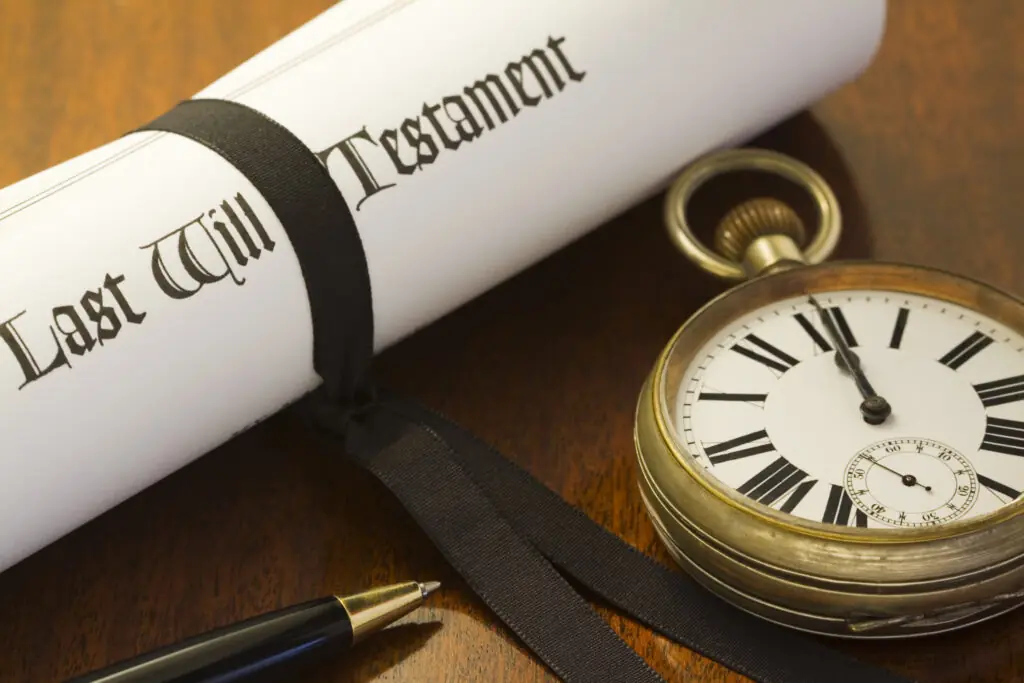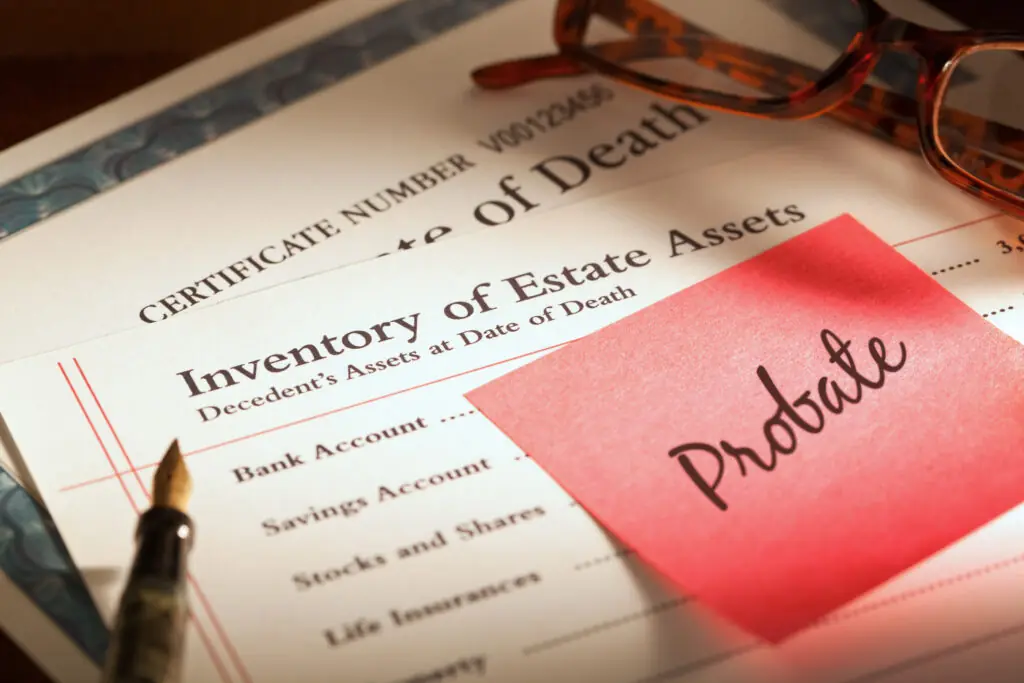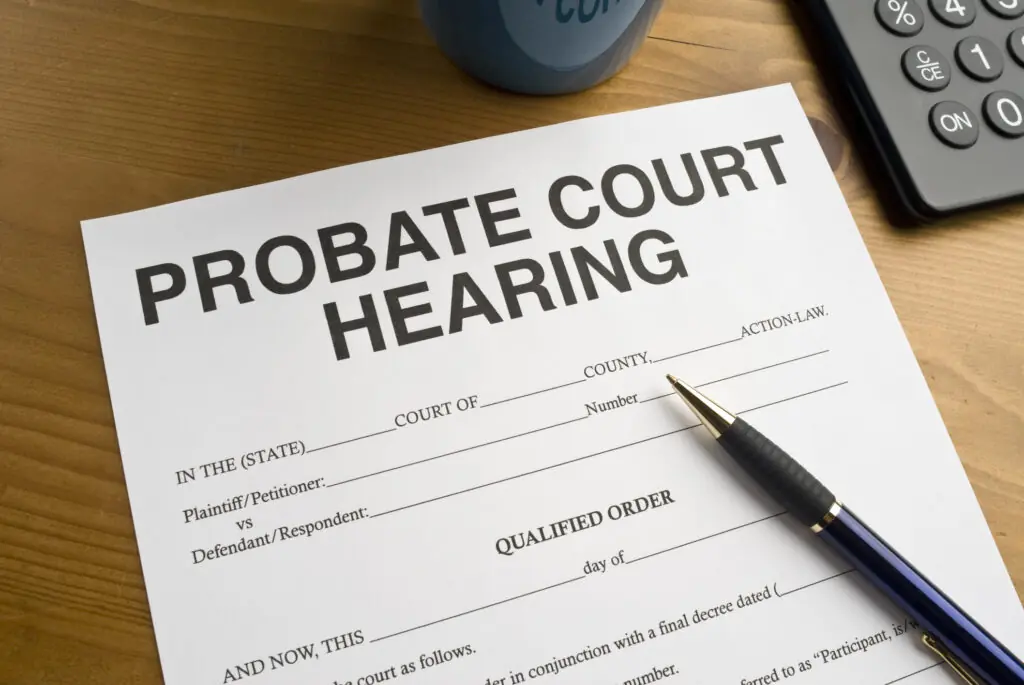The probate process can feel like an overwhelming mountain to climb, especially when you’re dealing with the emotional weight of a loved one’s passing. At its most simple, probate helps settle a deceased person’s estate—gathering assets, paying off debts, and ensuring the fair distribution of what’s left. If you’re an executor or an heir, understanding how the process works is essential for making informed decisions, avoiding unnecessary delays, and minimizing legal costs.
While probate is often unavoidable, there are ways to streamline it and keep your peace of mind intact. In this article, we’ll break down the key aspects of probate, from the role of the executor to the timeline of events, and explore ways to avoid the process altogether through trusts or small estate affidavits.

Probate is the legal process of proving and administering a deceased person’s will. If a person passes away with a valid will, the probate court validates it, appoints an executor, and oversees the process of paying debts, and taxes, and finally, distributing assets to the heirs.
However, probate isn’t a fast or cheap process. On top of the costs, the timeline can stretch from several months to up to two years, depending on the complexity of the estate. On average, you’re looking at around 18 months to get everything wrapped up, and that’s if everything goes smoothly.
The executor is the person designated (either in the will or appointed by the court) to oversee the entire probate process. It’s a big job with several key responsibilities. The executor’s job is to make sure that all the decedent’s wishes, as outlined in the will, are followed and that the estate is properly managed.
Some of the main duties of an executor include:
While the executors don’t have to do everything themselves, they’re responsible for managing the process and often need to work with lawyers, financial advisors, and appraisers.
The probate process doesn’t happen overnight, either. From the moment you file the will to the final distribution of assets, the journey can take anywhere from several months to over 2 years, depending on the estate’s complexity and whether any issues arise along the way. Here’s a rough timeline of what you can expect:

Not every estate requires full probate. Small estates—depending on the state—can bypass the process entirely with something called a small estate affidavit. If the total value of the estate is below a certain threshold (which varies by state), heirs can use the affidavit to claim assets without going through the formal probate court process.
This is a simpler, faster, and less expensive option, but it only works when the estate’s value is relatively low, and there are no significant disputes. If the estate includes real estate or substantial debts, probate may be required.
A living trust is one way to avoid probate altogether. Unlike a will, which goes through probate, assets placed in a trust can be transferred directly to the beneficiaries upon the decedent’s death—no court involvement needed. This can save time and legal fees and keep the estate private.
Trusts come in many forms, with living trusts being the most common. These allow the creator to manage assets during their lifetime and ensure a smoother transfer after death.
Not all assets need to go through probate. Jointly owned property or assets with designated beneficiaries (such as life insurance or retirement accounts) bypass probate altogether. However, other assets, such as real estate or vehicles solely owned by the decedent, usually do require probate to transfer ownership.
It’s important to know which assets are part of the probate process so that you can properly plan for their distribution. Being proactive here can save a lot of headaches down the road.
Simply put, the cost of probate is high. Court fees, attorney fees, and the executor’s compensation add up quickly, especially in larger or more complicated estates. In some cases, legal costs can eat into the estate itself, leaving less for the beneficiaries.
A few of the main expenses involved in probate include:
Being aware of these potential costs can help you plan accordingly, whether you’re setting up your estate or managing someone else’s. Exploring options like trusts or beneficiary designations can sometimes help minimize probate expenses and streamline the process.

Occasionally, probate becomes more complicated due to contested wills. If heirs dispute the validity of a will—perhaps because of claims of undue influence or lack of capacity—the process can drag on for months or even years. These contested probate cases often end up in court, where the judge will determine the validity of the will.
If you’re involved in such a situation, it’s critical to work with a skilled probate attorney who can help navigate the legal challenges and ensure a fair resolution.
Having a clear grasp of the probate process can make it easier to navigate, from settling an estate as an executor to ensuring a fair distribution as a beneficiary. Expert legal guidance can help you avoid delays, control costs, and keep the process on track.
Ferguson Law Group provides the expertise and support needed to handle probate efficiently. If you’re dealing with a loved one’s estate or need help managing probate’s legal complexities, our attorneys are here to guide you. Reach out today to get the help you need to move forward with confidence.
Probate involves validating the will, identifying and appraising assets, paying debts and taxes, and distributing the remaining estate to beneficiaries under court supervision.
Probate can take one to two years or more, depending on the estate’s complexity, disputes, and court processing times.
Yes, assets placed in a properly structured trust bypass probate and are distributed directly to beneficiaries, saving time and costs.